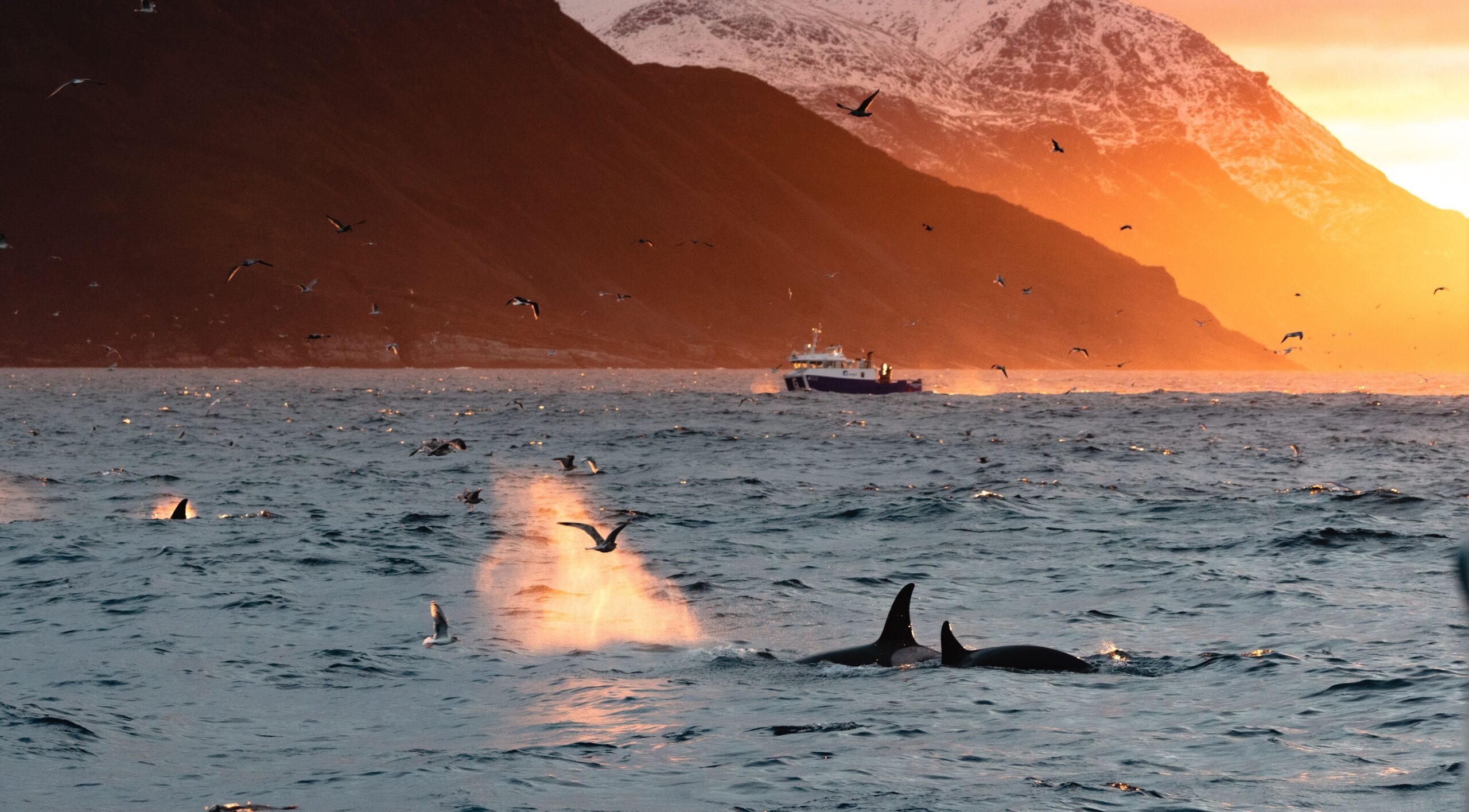
As mentioned in the previous article, Paul Watson started a group called the Sea Shepherd Conservation Society. It is an activist environmental group that operates in international waters. Its stated goal is environmental conservation. It is a somewhat militant group that has a history of attacking fishing vessels, particularly whaling vessels. A number of countries, including Canada, Norway, and Iceland, have denounced Watson and his group as terrorists.
A particular SSCS target are Japanese whaling boats. These boats often operate in the Antarctic region where they look for whales. Japanese culture has a long history of whaling because the people consume whale meat and use the rest of body for a number of different things.
Convention on International Trade in Endangered Species of Wild Fauna and Flora
The Convention on International Trade in Endangered Species of Wild Fauna and Flora, or CITES, is an international treaty signed in 1973 that came into force in 1975. Its stated goal is conservation. CITES provides protection for various species, including whales. At the same time, the whaling industry continues to prosper. This gray area is where SSCS operates.
CITES is based on the International Whaling Commission, IWC, from 1959. The IWC treaty bans whaling and Japan is a signatory to the treaty. The IWC provides an exception where whaling is conducted for scientific research. The Japanese government stated that whaling occurs in the Antarctic to ascertain when there will be enough whales to harness for profit. Based on this, it seems, is where the Japanese whaling industry operates.
Thus, despite CITES and the IWC, whaling continues.
Enforcement
While the Japanese government’s position regarding whaling is controversial, the enforcement issue is also controversial. As mentioned in the previous article, there are questions about enforcement. When these treaties are breached, who is the party responsible for enforcement?
Clearly, Watson and his SSCS group feel that they have the right to enforce the rules. Is that a proper use of the rule of law? First, it is not entirely clear that Japan and other countries involved in whaling violated international law. And, even assuming that these countries violated international law with their whaling activities, is vigilante justice better than no justice?
There is a similar question in the other direction. Assuming Watson and his SSCS group are in the wrong for their activities, is it a sovereign’s responsibility to punish them for their activities? So far, it seems that the answer to this question is no. The SSCS still operates and Watson has never faced any significant punishment for his activities.
The United States and other Western Nations have pursued terrorists across international borders. Is the same applicable for the SSCS? The term “terrorist” does not have a finite definition. Are the SSCS terrorists, as the Japanese and others claim? If so, does the US have an obligation to bring them to justice? Or is an environmental goal, even assuming it is in the wrong, not fall under the terrorism banner the way ISIS does?
Involved in the maritime business? Partner with a firm that understands your business. Contact the Kolodny law firm.

